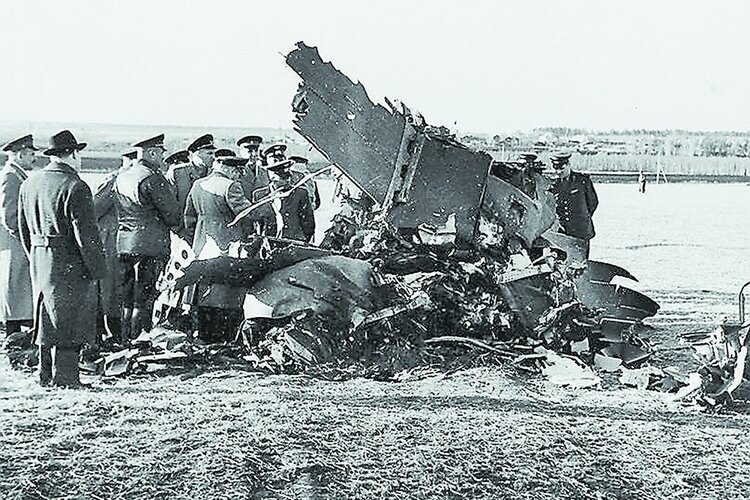- Joined
- 27 September 2006
- Messages
- 6,074
- Reaction score
- 6,188
The Cold War in retrospect seems almost an oasis of reasonable behaviour. From 1945 to 1991 the US and Soviet Union only ratcheted up deliberately to threaten nuclear war during the Cuban Missile Crisis in 1962 and the October 1973 Arab Israel war. There were other occasions (notably Able Archer 1983) when one side feared a possible war.
In contrast we now live in a world where Russia and N Korea threaten nuclear war almost monthy and China and Iran make it clear that they are not detered by US nuclear weapons from taking military action, notably.against Taiwan.
Many in the West equate Ukraine to the Czech crisis in 1938 and urge the West to prepare for lengthy confrontation and even conventional war against Russia and China.
However, the West has relied for so long on threatening to use nuclear weapons itself in any general war that it is hard to see how US and UK governments can persuade voters that deterrence is not enough.
It is true that the Reagan administration did succeed in increasing NATO readiness to resist Soviet aggression with conventional forces from days to weeks and even months. But it also improved nuclear forces at various levels to maintain deterrence.
I make these points because younger, mainly US, posters here seem to regard war as now inevitable.
In contrast we now live in a world where Russia and N Korea threaten nuclear war almost monthy and China and Iran make it clear that they are not detered by US nuclear weapons from taking military action, notably.against Taiwan.
Many in the West equate Ukraine to the Czech crisis in 1938 and urge the West to prepare for lengthy confrontation and even conventional war against Russia and China.
However, the West has relied for so long on threatening to use nuclear weapons itself in any general war that it is hard to see how US and UK governments can persuade voters that deterrence is not enough.
It is true that the Reagan administration did succeed in increasing NATO readiness to resist Soviet aggression with conventional forces from days to weeks and even months. But it also improved nuclear forces at various levels to maintain deterrence.
I make these points because younger, mainly US, posters here seem to regard war as now inevitable.


